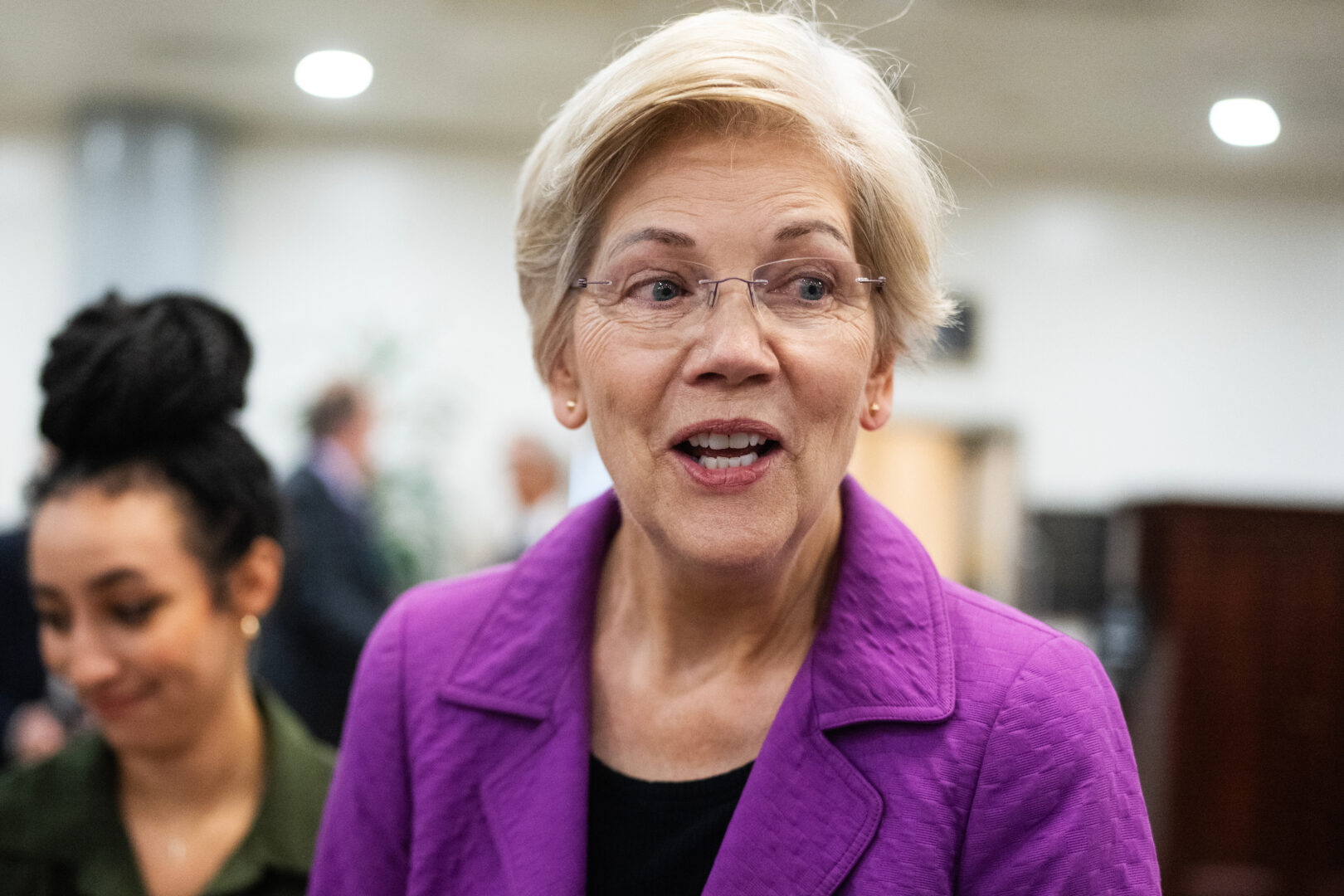The Fight Against EV Mandates Heats Up: Dealers Push Back

Table of Contents
Dealers' Key Concerns Regarding EV Mandates
Dealerships face significant hurdles in adapting to the rapid shift towards electric vehicles mandated by government regulations. These challenges threaten the viability of many businesses, particularly smaller and rural dealerships.
Investment Costs and Infrastructure Challenges
Meeting EV mandates requires substantial upfront investment. Dealerships must invest in new infrastructure to support EV sales and servicing, creating significant financial strain.
- High upfront investment required for EV infrastructure: Installing charging stations, acquiring specialized tools for EV repair, and training technicians on EV maintenance are all costly endeavors. The expense can be particularly burdensome for smaller dealerships with limited capital.
- Uncertainty surrounding consumer demand and return on investment for EV inventory: Dealerships risk being stuck with unsold EV inventory if consumer demand doesn't meet government targets. The unpredictability makes investment planning difficult and increases financial risk.
- Lack of government support for infrastructure development in underserved areas: The rollout of charging infrastructure is uneven, leaving many areas lacking sufficient charging points. This disparity disproportionately affects rural dealerships and their customers, further hindering EV adoption.
- Many dealerships lack the space and resources to install sufficient charging infrastructure.
- Training technicians on EV repair and maintenance adds significant costs, requiring specialized courses and certifications.
Consumer Resistance and Market Readiness
Despite government initiatives, consumer adoption of EVs remains slower than anticipated in many regions. Several factors contribute to this resistance.
- Concerns about EV range anxiety, charging times, and limited charging infrastructure: Range anxiety, the fear of running out of battery power before reaching a charging station, remains a significant barrier for many potential EV buyers. Long charging times and the limited availability of charging stations further exacerbate this concern.
- High initial cost of EVs compared to gasoline-powered vehicles: The higher upfront cost of EVs compared to internal combustion engine (ICE) vehicles deters many consumers, particularly those on tighter budgets.
- Lack of consumer awareness and understanding of EV technology: Many consumers lack sufficient information about EV technology, its benefits, and how to best utilize it. This knowledge gap inhibits adoption.
- Consumer preference for gasoline vehicles remains strong in certain segments, particularly among those who require frequent long-distance travel or have limited access to charging infrastructure.
- The current electricity grid may not be equipped to handle a massive surge in EV adoption, potentially leading to grid instability and power outages.
Impact on Small and Rural Dealerships
The impact of EV mandates is not uniform. Smaller and rural dealerships are disproportionately affected due to their limited resources and lower consumer demand for EVs.
- Disproportionate impact on smaller dealerships lacking the financial resources to adapt: Smaller dealerships often lack the financial capacity to invest in the infrastructure and training required to meet EV mandates, threatening their survival.
- Challenges in attracting and retaining skilled EV technicians in rural areas: Recruiting and retaining qualified EV technicians is more difficult in rural areas due to limited job opportunities and lower population density.
- Limited consumer demand for EVs in less populated regions: Lower population densities in rural areas translate to lower EV demand, making it harder for these dealerships to justify the investments needed to meet mandates.
- Many rural dealerships may be forced to close due to the inability to meet EV mandates.
- An unequal playing field is created between large dealerships with greater financial resources and smaller, rural dealerships that struggle to compete.
Arguments Against EV Mandates
Critics argue that the current approach to EV adoption, heavily reliant on mandates, is flawed and may have unintended consequences.
Market-Driven Approach vs. Government Intervention
Many argue that market forces, rather than government mandates, should dictate the pace of EV adoption.
- Argument that market forces should dictate the pace of EV adoption: Proponents of this view believe that consumer demand and technological advancements should drive the transition to EVs, allowing for a more organic and sustainable shift.
- Concerns about government overreach and potential economic distortions: Mandates can lead to market distortions, potentially harming the overall automotive industry and creating economic inefficiencies.
- Government mandates stifle innovation and consumer choice by favoring a single technology.
- Consumers should be free to choose the vehicle type that best suits their needs and financial circumstances.
The Importance of Consumer Choice and Affordability
Ensuring affordability and consumer choice are crucial for successful EV adoption.
- Emphasis on the need to ensure affordable EVs are available to a wider range of consumers: Currently, many EVs are priced out of reach for many consumers, hindering widespread adoption.
- Concerns about potential inequities in access to electric vehicles: Mandates risk exacerbating existing inequalities if affordable EVs are not made available to all income groups.
- Government subsidies and incentives should be prioritized over mandates to encourage EV adoption without forcing dealerships to bear the brunt of the costs.
- Affordability remains a key barrier to EV adoption, and addressing this issue is critical for achieving widespread market penetration.
Potential Solutions and Compromises
A collaborative approach is needed to find sustainable solutions that address the concerns of dealerships while achieving environmental goals.
- Phased implementation of EV mandates: A gradual introduction of EV mandates would allow dealerships more time to adapt and invest in the necessary infrastructure.
- Increased government support for infrastructure development and consumer incentives: Substantial government investment in charging infrastructure and consumer incentives (tax credits, rebates) would stimulate demand and ease the transition.
- Targeted assistance for small and rural dealerships: Specific financial and technical support should be provided to help smaller and rural dealerships overcome the unique challenges they face.
- Collaboration between government, industry, and consumers: Open communication and collaboration among stakeholders are critical to finding sustainable solutions for EV adoption.
- Invest in public charging infrastructure to alleviate range anxiety and increase consumer confidence.
- Offer tax credits and rebates to incentivize EV purchases, making them more accessible to a wider range of consumers.
Conclusion
The fight against EV mandates highlights the complexities of transitioning to a cleaner transportation future. Dealers' concerns regarding investment costs, consumer readiness, and the potential for economic hardship are valid and require careful consideration. While transitioning to electric vehicles is essential for environmental sustainability, a balanced approach that considers market realities, consumer needs, and the economic viability of dealerships is crucial. Finding a path forward that balances environmental goals with economic realities requires open dialogue and collaborative solutions. Addressing the challenges associated with EV mandates is vital to ensuring a successful transition to a cleaner transportation future. Let's work together to find sustainable solutions for the widespread adoption of electric vehicles, and explore alternative approaches to EV mandates that promote both environmental progress and economic stability within the automotive industry.

Featured Posts
-
 Accessibility In Gaming Feeling The Pinch Of Industry Cuts
May 24, 2025
Accessibility In Gaming Feeling The Pinch Of Industry Cuts
May 24, 2025 -
 Horoscopo De La Semana Del 11 Al 17 De Marzo De 2025 Para Todos Los Signos
May 24, 2025
Horoscopo De La Semana Del 11 Al 17 De Marzo De 2025 Para Todos Los Signos
May 24, 2025 -
 Relx Doorstaat Economische Zwakte Ai Gedreven Groei En Resultaatverwachting Tot 2025
May 24, 2025
Relx Doorstaat Economische Zwakte Ai Gedreven Groei En Resultaatverwachting Tot 2025
May 24, 2025 -
 Best Memorial Day Sales And Deals 2025 Shopping Editors Top Choices
May 24, 2025
Best Memorial Day Sales And Deals 2025 Shopping Editors Top Choices
May 24, 2025 -
 A Successful Escape To The Country Living The Rural Dream
May 24, 2025
A Successful Escape To The Country Living The Rural Dream
May 24, 2025
Latest Posts
-
 Neal Mc Donoughs Impact On The Last Rodeo
May 24, 2025
Neal Mc Donoughs Impact On The Last Rodeo
May 24, 2025 -
 Character Study Neal Mc Donough In The Last Rodeo
May 24, 2025
Character Study Neal Mc Donough In The Last Rodeo
May 24, 2025 -
 Analyzing Neal Mc Donoughs Role In The Last Rodeo
May 24, 2025
Analyzing Neal Mc Donoughs Role In The Last Rodeo
May 24, 2025 -
 The Last Rodeo Exploring Neal Mc Donoughs Character
May 24, 2025
The Last Rodeo Exploring Neal Mc Donoughs Character
May 24, 2025 -
 Neal Mc Donoughs Powerful Performance In The Last Rodeo
May 24, 2025
Neal Mc Donoughs Powerful Performance In The Last Rodeo
May 24, 2025
